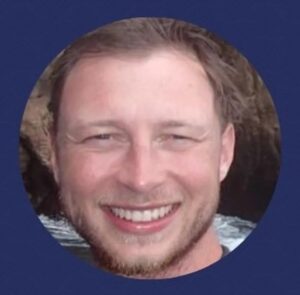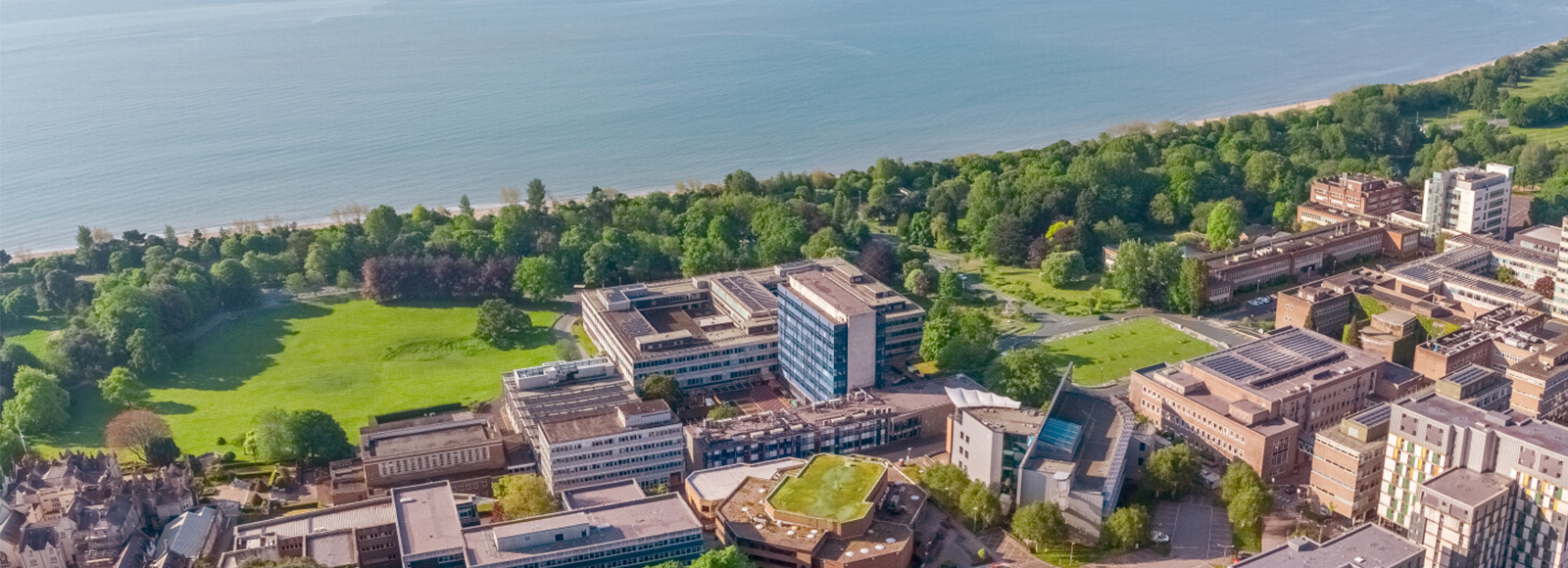- ...
Postgraduate Studentships - Search for funding opportunities.
Postgraduate Studentships - Search for funding opportunities.
In 2008, after graduating from Swansea University, I joined the Centre for Environment, Fisheries and Aquaculture Science (Cefas). Here’s my story on life after Swansea, and how I started working for an organisation that is making a real difference in society.
Simply put, I loved my time at Swansea University. The sports clubs and the beautiful countryside are memories that always stick in my mind, but it’s the state of the art aquaculture facilities that helped me find a job I truly love.
Cefas is an executive agency of the Department for Environment, Food and Rural Affairs (Defra), a world leader in marine science and technology. Cefas scientists work and collaborate across the world to provide impartial research and advice to address the challenges and harness the opportunities relating to the marine and freshwater environment. Our science helps to ensure there are thriving marine economies, sustainable fisheries and food safety. It also protects marine biodiversity and addresses the serious threats of climate change, marine litter and pollution.
 “…Cefas provided me with the opportunity to develop further.”
“…Cefas provided me with the opportunity to develop further.”
Over the last twelve years, I have been working to help combat litter and chemical pollution. I started as a data scientist to support the annual contaminant assessments for the UK, but Cefas provided me with the opportunity to develop further. Some highlights from my career include:
As Cefas is also an applied marine organisation, I was involved in various fieldwork activities which included ground-truthing multibeam surveys for the designation of new Marine Protected Areas, and collecting water, sediment and fish samples to analyse the effects of eutrophication and contamination. Part of the sample gathering process also includes the Clean Seas Environmental Monitoring Programme survey which I currently lead as the Scientist in Charge within England and Wales.
Having the knowledge of how a sample is collected and processed also helped me understand how to assess the results and write up various reports and manuscripts. This vital information allowed me to move into my former position, as Chair of the Clean Safe Seas Evidence Group (CSSEG) and my current position as Senior Environmental Impact Assessor.
“Swansea University has provided me with the basic knowledge to progress in this sector.”
A little side note; I found this assignment the other day and this is what I am doing now. Assessing the environmental implications of large infrastructure projects to the environment. Swansea University has provided me with the basic knowledge to progress in this sector.

Boost your career prospects by studying a master’s degree at Swansea University Do you want to become part of our vibrant postgraduate community, whi...
Sign up to Postgraduate Studentships
Sign up to compare masters
Thanks for making your selection. Click below to view your comparisons.